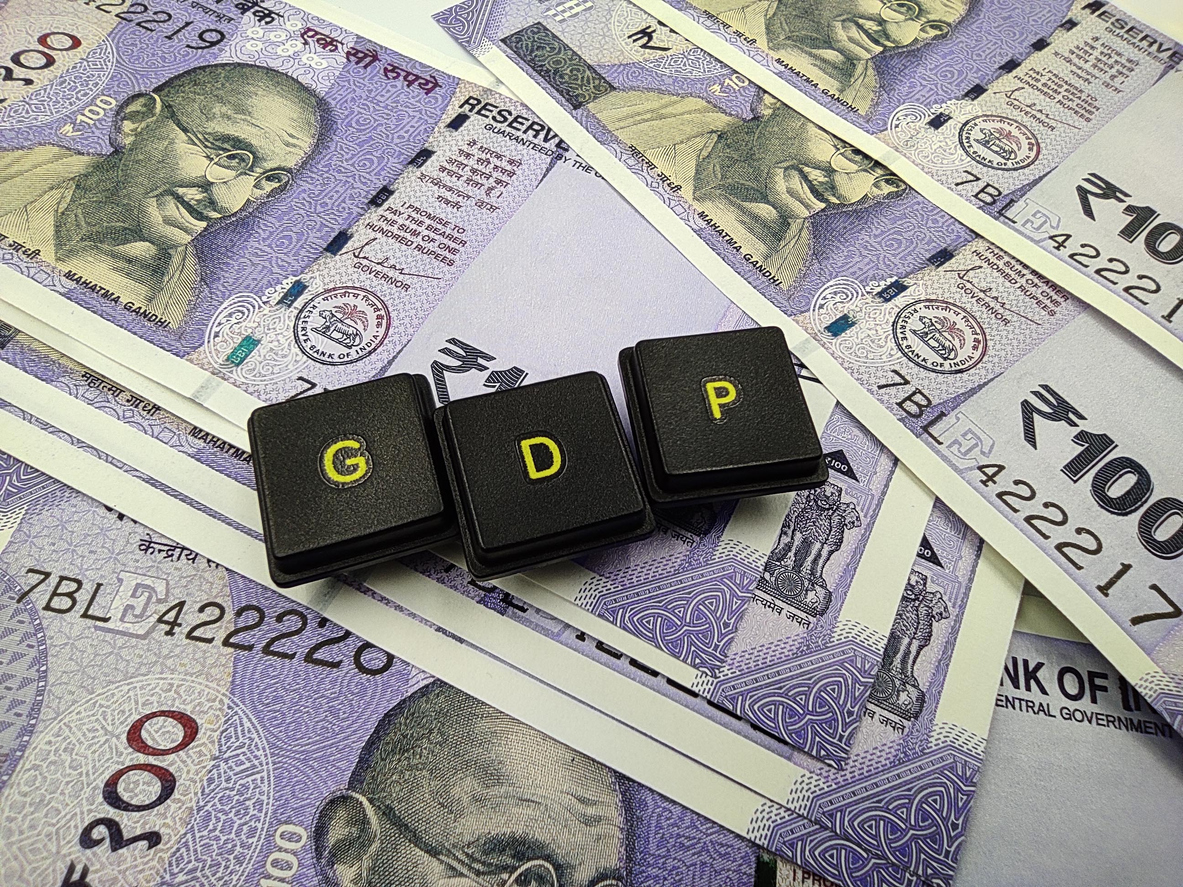
November 26, 2021
Moody’s estimates India will see a GDP growth of 9.3% and 7.9% in the fiscal year 2022 and fiscal 2023
India's steady progress on vaccination, increased consumption, rising domestic manufacturing, and a favorable funding environment will support new investments
Most rated companies have manageable refinancing risk amounting to approximately $7.3 billion
New waves of infections, rising inflation, and delayed government spending could hamper consumer sentiment

India’s economic growth will have a strong rebound, with its gross domestic product (GDP) expanding 9.3% in the current year ending March 2022, followed by 7.9% in 2023 as per a report by international credit rating agency Moody’s. Indian companies will show a considerable increase in earnings before interest, taxes, depreciation, and amortization (EBITDA) over the next 12 to 18 months due to strong consumer demand and high commodity prices. The agency also said that increased government spending on infrastructure will have a positive impact on the steel and cement industries. In addition, India’s steady progress on vaccination, increased consumption, rising domestic manufacturing, and a favorable funding environment will support new investments. It must be noted that last month, Moody’s had upgraded India’s sovereign rating to ‘Stable’ from ‘Negative’ in a revision after nearly two years.
Moody’s also stated that most rated companies have manageable refinancing risk amounting to approximately $7.3 billion, of which around $3.1 billion are from high-yield issuers of rated foreign currency bonds, that are maturing through 2023. It is estimated that 57% of the foreign-currency bond maturities through 2023 are for investment-grade companies, including government-related issuers who have access to capital markets. The rest are for high-yield companies, such as JSW Steel Ltd, Bharti Airtel Ltd, and Vedanta Resources Limited that are repeat issuers in international bond markets and are anticipated to maintain good funding access.
The rating agency also added that in the event of new waves of infections, it could result in lockdowns and hamper consumer sentiment, thus resulting in a lull in economic activity and consumer demand. Currently, the low-interest rates will diminish funding costs and support new capital investment as demand grows. However, rising inflation remains a threat and may cause a faster-than-expected increase in interest rates curtailing business investments. In addition, delayed government spending, energy shortages, and reduction in commodity prices could also hamper companies’ earnings and lower industrial production.